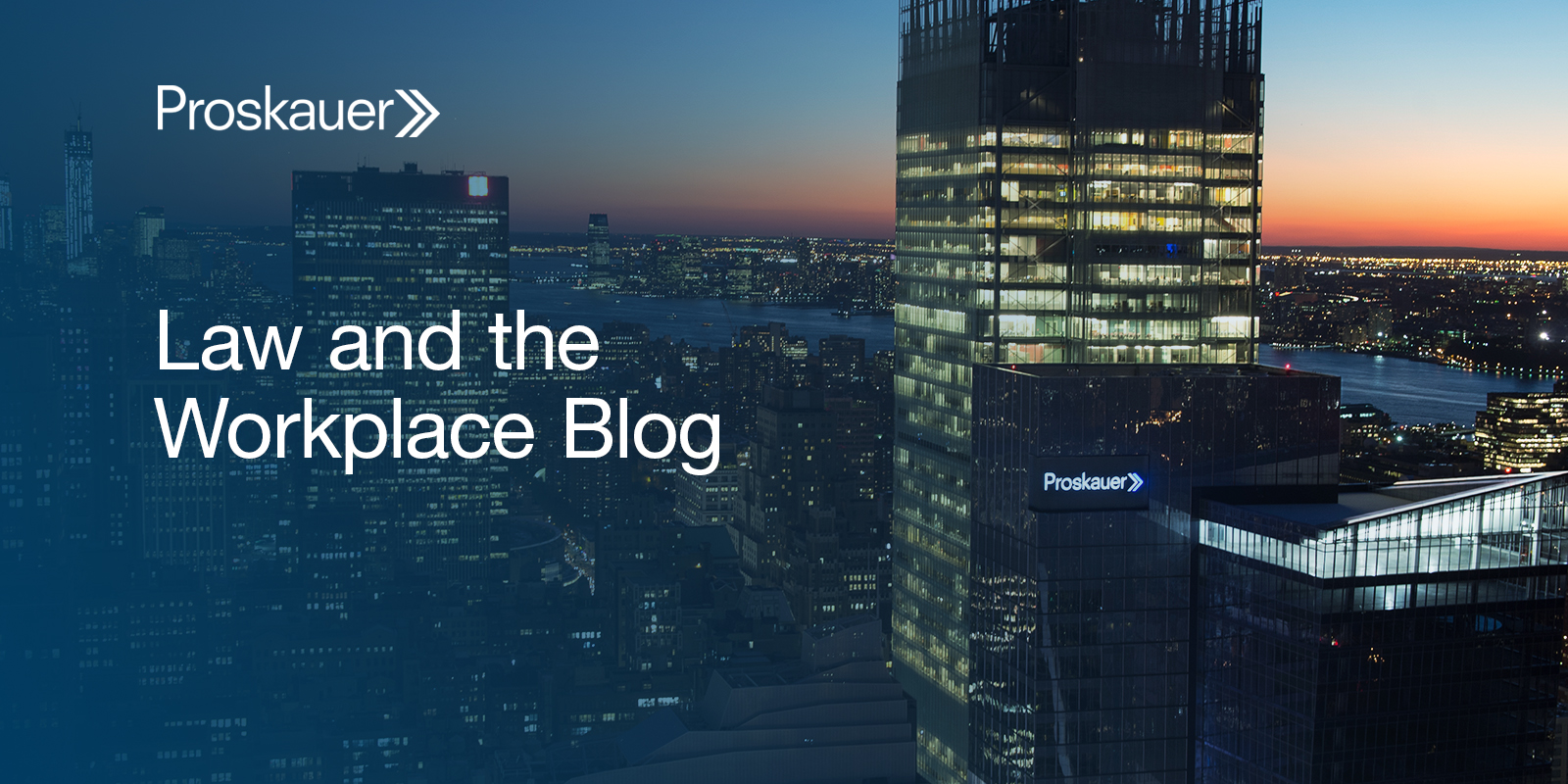California Assembly Committee Re-imposes the State’s Captive Audience Ban
On 15 August 2024, the Appropriations Committee in the California State Assembly approved SB 399 with a vote of 10-3. The bill passed the Senate in the year 2023, and it has been awaiting action and a voting by the Assembly ever since. The California Worker Freedom from Employer Intimidation act, SB 399, would prohibit employers from taking or threatening to take adverse actions against employees who refused to attend or participate at meetings where the employer would express its opinion on religious or political issues, including meetings about unionization. The bill is sponsored by California Labor Federation and the California State Council of Teamsters and is supported by many worker organizations. The bill is opposed by the California Chamber of Commerce and numerous employer and business organizations.
A ban on such meetings would limit an employer’s ability to run an effective counter to a union organizing campaign. The California Chamber of Commerce and numerous employer and business organizations oppose the bill. A ban on such meetings would limit an employer’s ability to run an effective counter to a union organizing campaign. Other States have Passed Similar Laws
At the very least, seven other states, including Connecticut, Maine Minnesota, New York Oregon Washington Hawaii and Illinois, have passed similar laws. Like the proposed California bill these bans prohibit employers from taking adverse actions against employees who refuse attend or participate in meetings where the employer expresses their opinion about political issues. These bans are also supported by the current General Counsel of Board
As previously reported, Jennifer Abruzzo, General Counsel at the National Labor Relations Board urged the Board that such captive audience meetings were in violation of the National Labor Relations Act. This would be a significant step in limiting an employer’s right to free speech under 8(c), and would reverse 75 years of Board precedent. The Board has yet to make such a decision. The Board may agree with General Counsel and find that mandatory meetings are illegal, given the current Democratic Board as well as the number of recent Board decisions that favor employees and unions.
Key Takeaways
Employers who become involved in union campaigning efforts must be cautious when attempting to organize meetings to educate employees regarding the union campaign. While the ban in California has not been passed, employers may wish to reconsider holding mandatory “captive audiences” meetings and instead hold voluntary ones, especially given the General Counsel’s view of the meetings, as well as to prevent any possible unfair labor practice claims with the NLRB.






